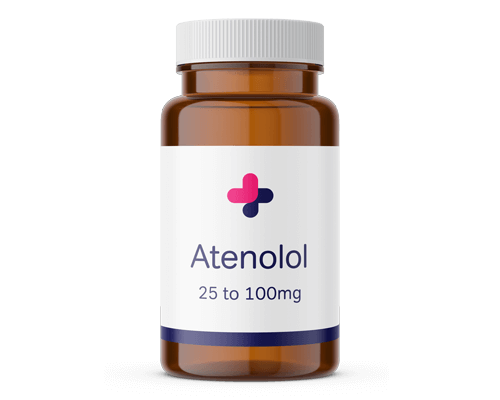Atenolol
Take care of your blood pressure with Atenolol (generic Tenormin)
Atenolol (Tenormin) effectively treats hypertension but also can be used to treat angina (chest pain). Its active ingredient is a beta-blocker that widens blood vessels and increases blood flow.
Start your consultation to buy Atenolol
Start your consultation to buy Atenolol
Buy Atenolol from a trusted U.S. Pharmacy

- Fully authorized pharmacy
- Price checked medication
- Free shipping
















Quick and discreet
I ordered Azithromycin tablets for chlamydia treatment, received it next day in a brown discreet pack, and cheaper than all other pharmacies, can't ask for more
Jordan McCann